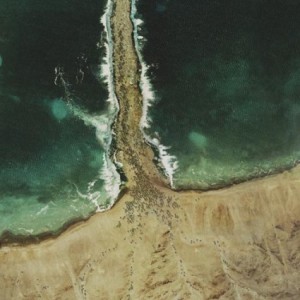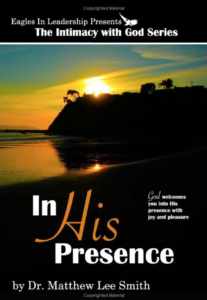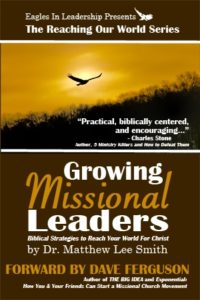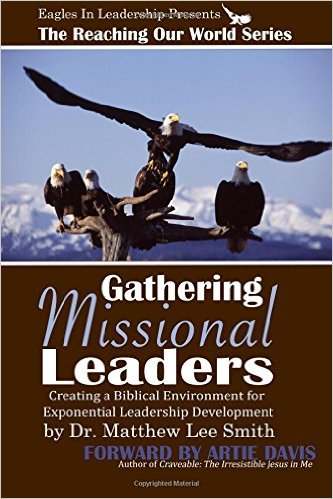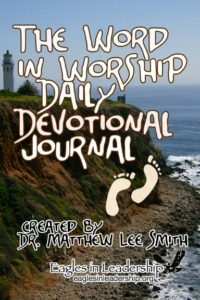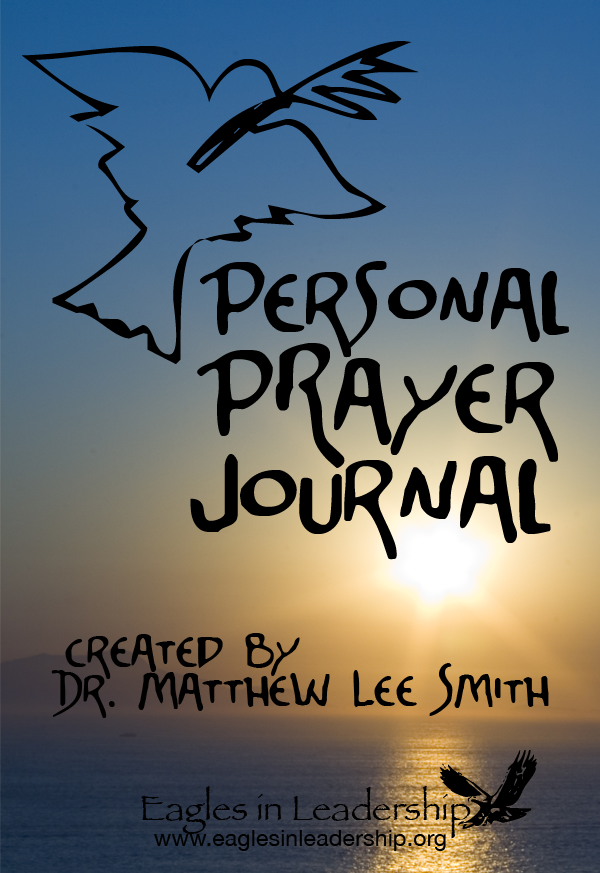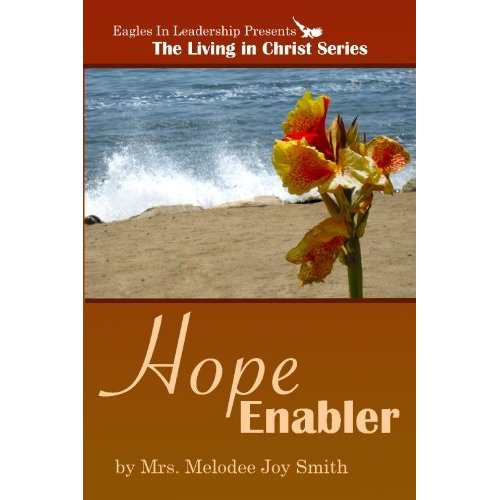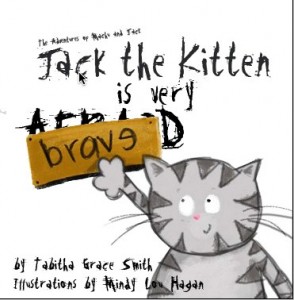Editor’s Note: We continue our series of blogs for those who are reading the Bible with us cover-to-cover this year. Interspersed with our thoughts on our daily reading, we want to provide some tips about reading the Bible in general. Today we want to move on and see how the …
Red Sea Closes Over A Stubborn Pharaoh’s Armies
(Exodus 13.17 – 15.21)
Pharaoh is not long to realize the terrible mistake he has made. Life comes to a screeching halt since there are no longer any servants to wait upon the Egyptians, and they are forced to do everything from public works to their private laundry! This becomes unacceptable as the enormities of this decision’s implications are felt.
Pharaoh decides to retrieve the Israelites. However, in a series of miraculous events at the Red Sea, God again rescues the Israelites. Notice specifically:
- The provision of the pillar of cloud to lead them during the day, and the pillar of fire to give them light at night. (Exodus 13.21) This could easily of covered them from the intensity of the sun in the daytime and provided much need light at night.
- The intervention between the oncoming chariots of Pharaoh and the Red Sea escape route. (Exodus 13.19-20) This provides time to escape.
- The supernatural opening of the Red Sea so that the children of Israel could pass over on dry ground to the Sinai Peninsula. (Exodus 13. 21-22) This is amazing – the ground is dry, despite the muddy conditions that should have been there!
- The drowning of the Egyptian army by the returning of the Red Sea to its natural state. (Exodus 13.23-31) Often skeptics say that the Israelites traveled across in just a few inches of water. Amazingly the same water that they walked in drowned the most powerful army in the world at the time. Yes, the water they crossed through was deep and yes, it was enough to drown Egypt’s army.
The nation rejoiced and Moses wrote a song to commemorate the day. (Exodus 15.1-21)
Daily Bread Delivered Around A Victorious Israel In The Wilderness (Exodus 15.22 – 16.22)
No sooner had the nation been delivered, but they began to complain about their need for food and water. After all, they were in a desert wilderness! One atlas[1] describes it this way:
The traditional route of the Exodus, favored by many scholars, goes south-southeast along the way that leads to the old Egyptian turquoise and copper mines in western Sinai. After making their getaway … the Hebrews traveled south through the wilderness of Shur. In three days they came to the oasis of Marah, which means “bitter” – and indeed of water there proved unfit for drinking.
As they plunged ever deeper into the arid, mountainous Sinai, the land became more desolate and barren. Fantastic rock formations rose everywhere above narrow, twisting valleys. The steep mountains, first red and brown sandstone and then bronze-red granite, terrifying yet beautiful in a heat of the day, stood silent watch as the straggling band of men, women, and children made its way across the boulder-strewn sand. Occasional stands of scrub brush, and here and there a tamarisk tree or an acacia, marked the landscape. For the most part, water was scarce. Soon, however, food began to run out, and the disgruntled people remembered the lush fields of Egypt, once so hateful to them but now the object of bitter longing. Even the harsh days of bondage looked good compared with their miserable present and uncertain future.
These circumstances turned the children of Israel against Moses and Aaron. So Moses cries out to God and God provides manna.
The children of Israel ate manna for the entire forty years they spent in the wilderness, (Exodus 16.35), God providing for them the entire time! Manna means, “What is it?” in Hebrew. Manna is described as:
Numbers 11:7-9
Now the manna was like coriander seed, and its color like the color of bdellium. The people went about and gathered it, ground it on millstones or beat it in the mortar, cooked it in pans, and made cakes of it; and its taste was like the taste of pastry prepared with oil. And when the dew fell on the camp in the night, the manna fell on it.
It is our hope that this background information helps a bit as you read on in the Bible. We will continue this series with our next installment: “National Laws of Israel” on Sunday.
You can obtain more help from the FREE Bible reading schedule on our resource page. In His Image is a daily devotional that also follows our reading schedule and expresses the Biblical truth: “God Created You to Love You.” You can find this resource on the side bar of our website.
[1] Reader’s Digest Atlas of the Bible. Pleasantville, NY: The Reader’s Digest Association, Inc.1983.67-68.

